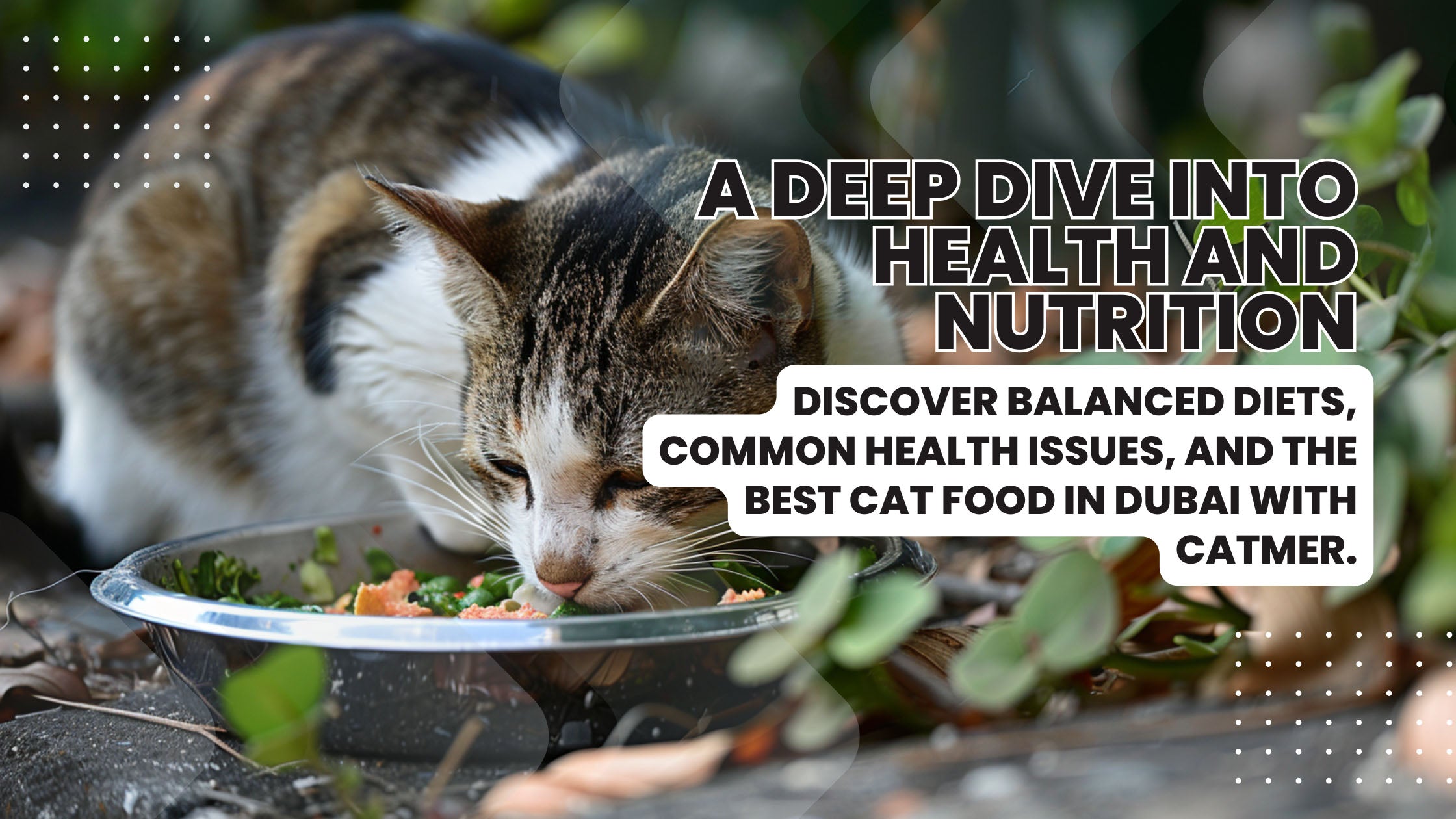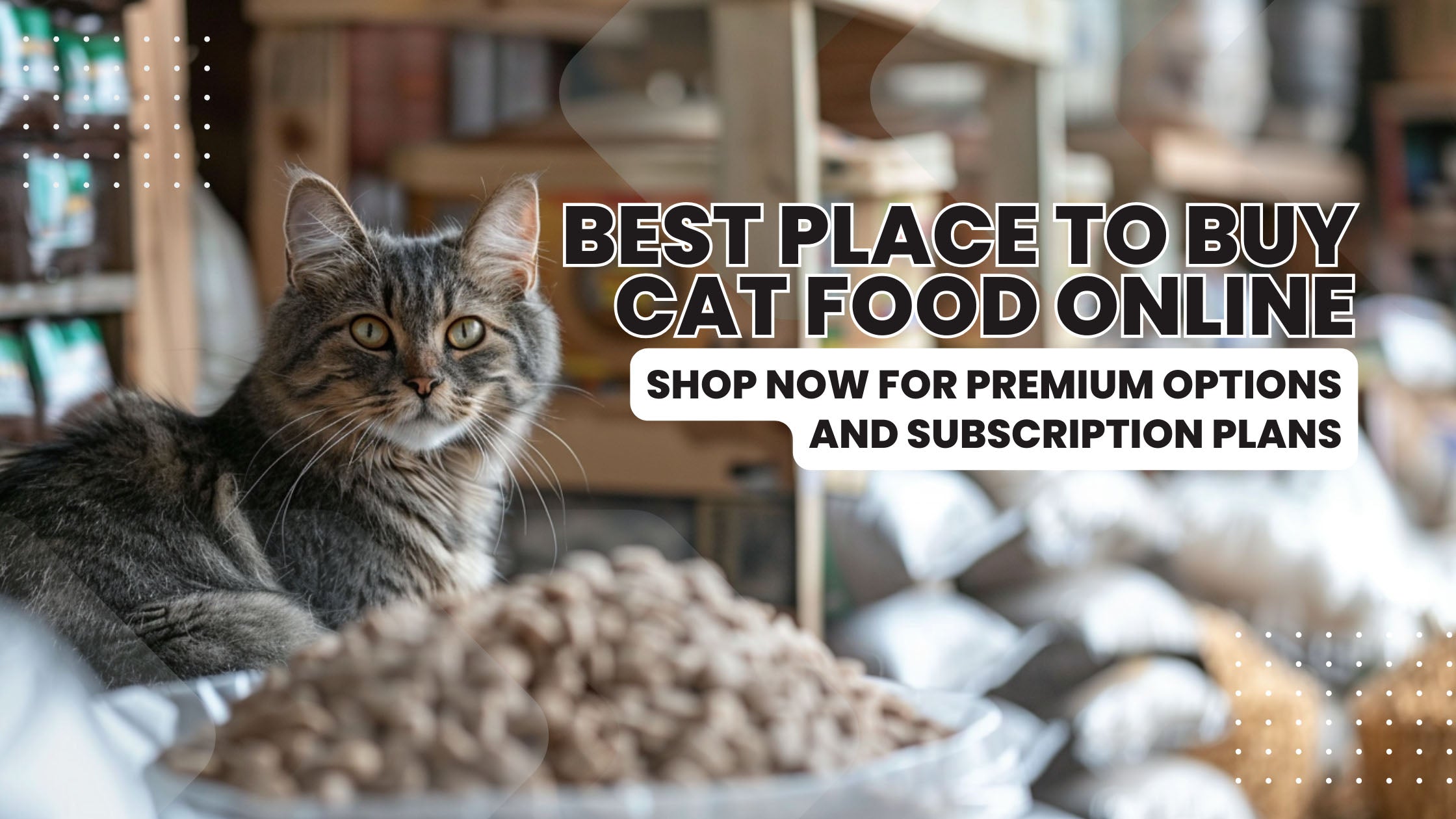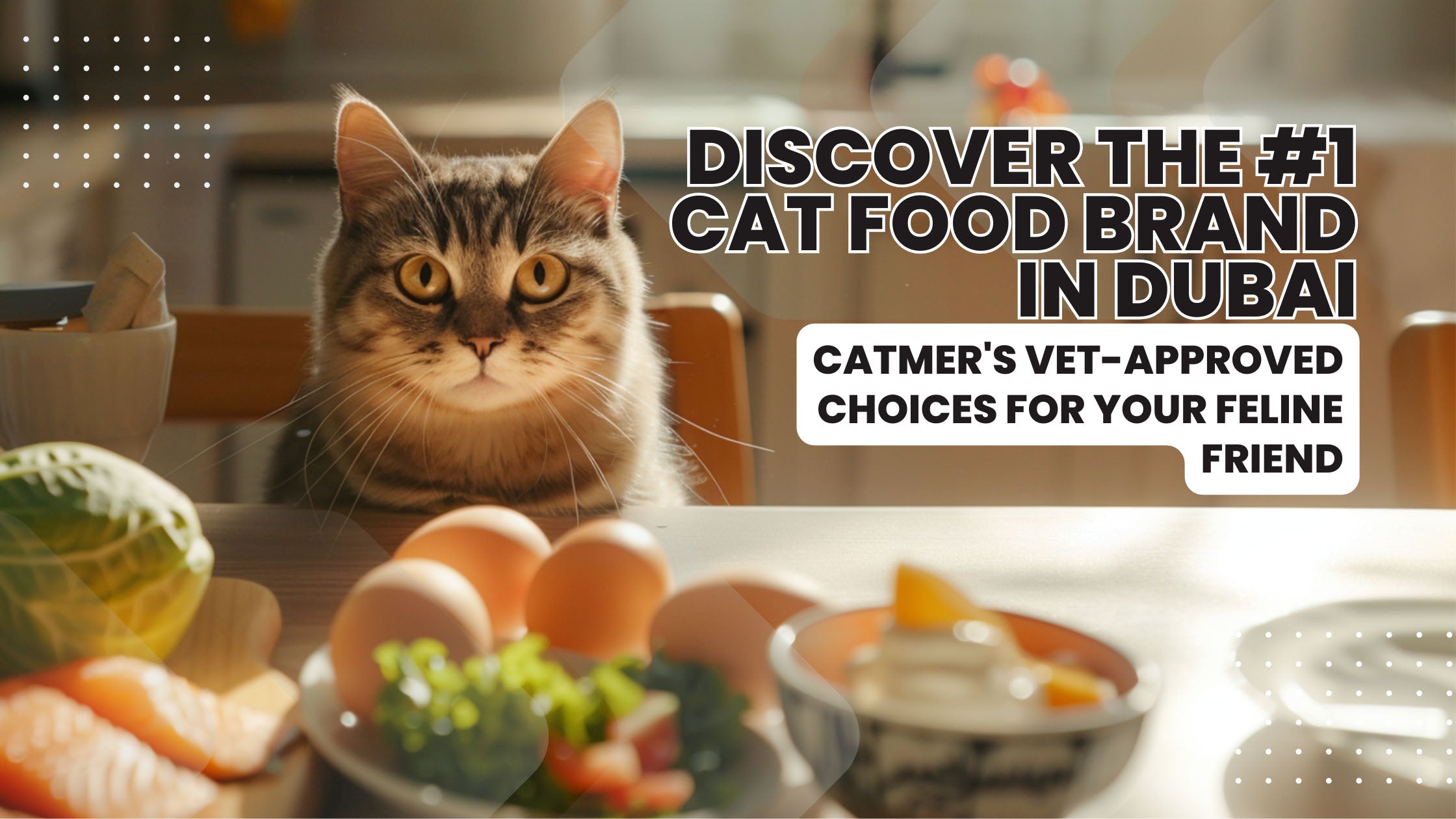
Ensuring Your Cat's Well-being: A Deep Dive into Health and Nutrition
Introduction
Ensuring your cat's health and well-being is a priority for every pet owner. Nutrition plays a pivotal role in maintaining your cat’s health, vitality, and happiness. This article provides an in-depth look at the key aspects of cat nutrition and health, guiding you on how to make the best dietary choices for your feline friend.
Understanding Cat Nutrition
Basic Nutritional Needs of Cats Cats are obligate carnivores, meaning their diet must primarily consist of meat. Their nutritional needs include high levels of protein, moderate fat, and minimal carbohydrates. Essential nutrients like taurine, arginine, and certain vitamins and minerals are crucial for their overall health.
Key Nutrients and Their Importance Proteins provide the building blocks for tissues, muscles, and organs. Fats supply energy and support cell structure, while vitamins and minerals aid in various bodily functions. Taurine, in particular, is vital for heart and eye health.
Differences Between Dry and Wet Food Dry food is convenient and helps with dental health by reducing plaque. Wet food, on the other hand, offers higher moisture content, which is beneficial for hydration and urinary health. A mix of both can provide balanced nutrition and cater to different dietary needs.
Balanced Diet for Cats
Importance of a Balanced Diet A balanced diet ensures that your cat receives all the necessary nutrients for optimal health. It helps prevent deficiencies, supports growth and development, and maintains energy levels.
Components of a Balanced Diet A balanced diet includes proteins, fats, carbohydrates, vitamins, and minerals. High-quality cat foods are formulated to provide these nutrients in the right proportions. Look for foods that list meat as the primary ingredient and avoid those with excessive fillers and artificial additives.
Benefits of High-Quality Cat Food Feeding your cat high-quality food can lead to better health outcomes, including a shinier coat, improved digestion, and higher energy levels. Investing in premium cat food can also reduce the risk of health issues, saving you money on vet bills in the long run.
Common Health Issues and Nutritional Solutions
Obesity Obesity is a common problem in cats and can lead to various health issues. Feeding a balanced diet and controlling portions can help manage weight. Choose foods with high protein and low fat content to keep your cat fit and active.
Dental Problems Dry kibble can help reduce plaque and tartar buildup, but it’s also important to provide dental treats and regular brushing. Ensure your cat's diet includes necessary nutrients to support dental health.
Allergies Food allergies in cats can cause skin issues and gastrointestinal problems. Identifying and eliminating the allergen from their diet is crucial. Look for hypoallergenic cat foods that are free from common allergens like grains, dairy, and certain proteins.
Urinary Tract Issues Cats are prone to urinary tract issues, especially if they don’t drink enough water. Wet food can help increase their moisture intake, reducing the risk of urinary tract infections and stones. Ensure their diet is rich in minerals that support urinary health.
Special Dietary Needs
Kittens Kittens require more protein, fats, and calories to support their rapid growth. Specially formulated kitten food provides the essential nutrients they need during this critical stage of development.
Senior Cats As cats age, their nutritional needs change. Senior cat foods are designed to support joint health, reduce calorie intake, and provide easily digestible proteins. Look for foods that include glucosamine and chondroitin for joint support.
Cats with Medical Conditions Cats with conditions like diabetes, kidney disease, or gastrointestinal issues require specialized diets. Consult with your vet to choose the right food that caters to their specific health needs and helps manage their condition.
Feeding Tips for Optimal Health
Portion Control Overfeeding can lead to obesity and other health problems. Follow the feeding guidelines on the cat food packaging and adjust based on your cat's activity level and weight.
Frequency of Meals Most cats do well with two meals a day, but kittens may require more frequent feeding. Establish a regular feeding schedule to help with digestion and prevent overeating.
Hydration Ensure your cat always has access to fresh water. Wet food can help with hydration, especially in hot climates like Dubai. Consider using a cat water fountain to encourage drinking.
Choosing the Right Cat Food in Dubai
Factors to Consider When choosing cat food in Dubai, consider your cat's age, health condition, and dietary preferences. High-quality brands that prioritize natural ingredients and avoid artificial additives are ideal.
Recommendations for High-Quality Brands Brands like Royal Canin, Hill's Science Diet, and Orijen offer high-quality cat food options that cater to various dietary needs. Explore these brands and read customer reviews to find the best fit for your cat.
Benefits of Buying Cat Food Online Buying cat food online in Dubai offers convenience, variety, and the ability to easily compare products. Websites like Catmer provide a wide selection of premium cat food options and convenient subscription plans for regular deliveries.
Conclusion
Ensuring your cat's well-being through proper nutrition is essential for their health and happiness. A balanced diet tailored to their specific needs can prevent common health issues and promote a long, vibrant life. At Catmer, we are dedicated to providing high-quality cat food and helpful resources to support your pet's health. Explore our offerings and make informed choices for your feline friend’s nutrition.
FAQs
How do I know if my cat's diet is balanced? A balanced diet provides all essential nutrients in the right proportions. Check the ingredients list and nutritional information on cat food packaging, and consult your vet for personalized advice.
What are the signs of a food allergy in cats? Signs of food allergies include itching, skin rashes, gastrointestinal upset, and ear infections. If you suspect a food allergy, consult your vet for testing and dietary recommendations.
How much water should my cat drink daily? Cats should drink about 3.5 to 4.5 ounces of water per 5 pounds of body weight daily. Wet food can help increase their moisture intake.
Can I feed my cat a raw diet? A raw diet can provide natural nutrients but comes with risks like bacterial contamination. Consult your vet before switching to a raw diet to ensure it's safe and balanced.
What should I do if my cat refuses to eat? If your cat refuses to eat, try offering a variety of foods or warming their food slightly. If the issue persists, consult your vet to rule out any underlying health problems.
Stay updated with Catmer through our social media pages:


